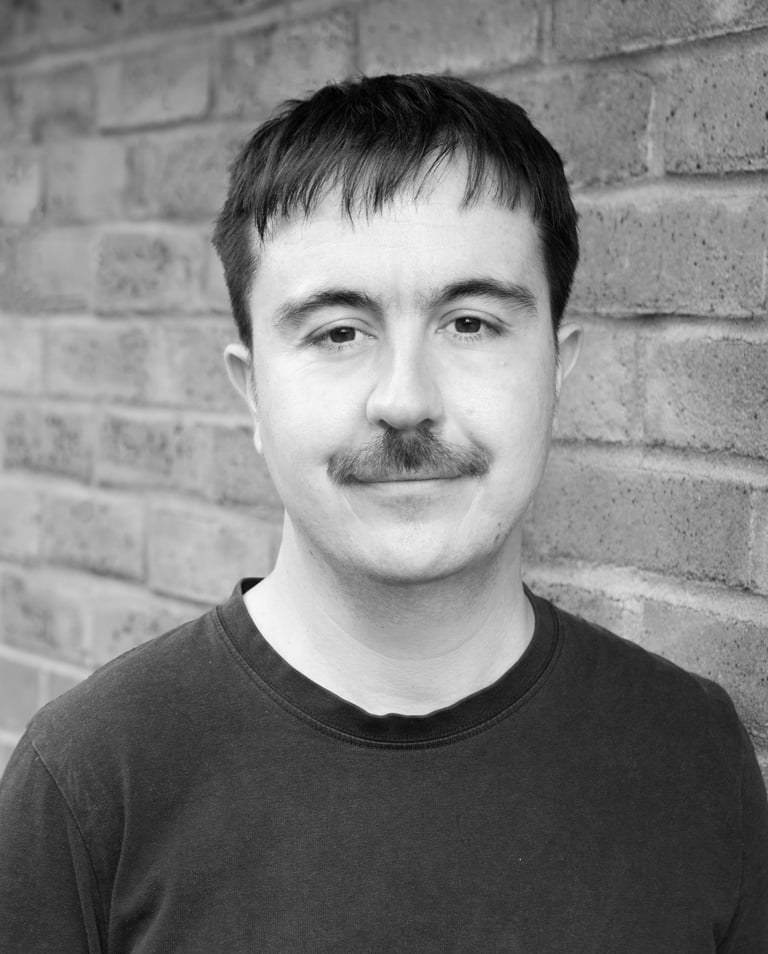
Therapy for OCD
A space to space to slow down, understand the patterns at work, and begin to find relief.
Living with obsessive-compulsive disorder can be exhausting. You might find yourself caught in cycles of intrusive thoughts and compulsive behaviours. You might also feel powerless to stop them. Perhaps you spend hours checking, cleaning, counting, or seeking reassurance, all to ease an anxiety that never quite goes away.
Therapy for OCD provides a space to understand these patterns. When they occur and when they don’t. What they feel like. It’s not about judgement or trying to “snap out of it,” but about exploring what’s going on. Over time, you may begin to experience some space around these thoughts and some lightness, perhaps fleeting, around your coping processes.
In therapy, we can begin to approach those fears with compassion, curiosity and patience, creating the conditions for change to unfold naturally.
What is Therapy for OCD?
Therapy for obsessive compulsive disorder helps you explore the underlying dynamics of obsessive thoughts and compulsive actions. Our work together will also look beneath the surface at the emotional meanings behind the rituals and the deeper anxieties that sustain them.
Rather than trying to control or silence intrusive thoughts, we can learn to relate to them differently. We can explore what they look and feel like, what they sound like and, perhaps, where they come from. We can also look at your coping behaviours and explore those.
Many people experience therapy for OCD as a process of reclaiming freedom from relentless checking and mental noise, and a growing ability to be present in daily life again.
Signs You Might Benefit from Therapy
You might be considering therapy for OCD if you feel trapped in cycles of thoughts and behaviours that you can’t seem to stop, even if and when you might want to. These patterns can take many forms, and it’s common to feel ashamed or fearful about them.
You may notice that you:
Experience intrusive, unwanted thoughts or images that cause distress
Feel compelled to repeat certain actions or mental rituals to reduce anxiety
Spend a lot of time checking, cleaning, counting or seeking reassurance
Feel anxious when you can’t complete a ritual “properly”
Fear that something terrible might happen if you don’t follow certain rules
Experience relief in the short term, but notice anxiety returning soon after
Whether your OCD feels mild or overwhelming, therapy for obsessive compulsive disorder can offer a space to begin understanding why these patterns take hold and how they might start to loosen their grip.
How Therapy for OCD Works
Therapy begins by creating a safe, non-judgmental space to talk about your experiences. Many people with OCD have never spoken openly about their thoughts before, often fearing that they’ll be misunderstood or judged. In therapy, everything can be named.
We’ll take time to understand how your anxiety works, what triggers it, what it demands of you, and what relief your compulsions bring. Over time, therapy for OCD may involve learning to sit with uncertainty and to observe your thoughts without acting on them. This process can feel challenging, but it’s also deeply empowering.
Alongside this, we might explore what lies beneath the compulsions, the emotions or experiences that your mind has tried to manage through control. Therapy can help you meet those parts of yourself with understanding, rather than fear.
My Expertise and Approach
I trained at the Minster Centre, one of the UK’s leading psychotherapy training. My work is integrative, meaning I draw from a range of psychodynamic, humanistic, mindfulness-based depending on what feels most helpful for you.
I’ve supported clients living with anxiety, obsessive-compulsive experiences, trauma and loss. My role is not to offer rigid solutions, but to help you develop insight and self-compassion, at a pace that feels right for you.
Many people experience therapy for obsessive compulsive disorder as a gradual process of softening - a shift from being trapped inside the anxiety to observing it with more distance and calm. Over time, that can create space for freedom, spontaneity, and a sense of peace.
The Benefits of Therapy for OCD
Therapy for obsessive compulsive disorder can help you understand what lies beneath your anxieties, and to meet it with greater compassion. Many people begin to notice shifts over time - perhaps a little more space between thought and action, a little less urgency to complete a ritual, a little more trust in their own resilience.
Through therapy for OCD, you may:
Develop a kinder relationship with your thoughts
Feel less dominated by compulsive patterns
Learn to tolerate uncertainty with greater ease
Build confidence in your ability to cope without rituals
Experience more presence and connection in daily life
Progress in therapy isn’t always linear, and that’s okay. What matters most is that the work happens in a space of empathy and trust where you can explore, reflect and grow at your own pace.
Why Contact Me?
✓ Trained at the Minster Centre, one of the UK’s leading psychotherapy institutions
✓ Experienced in supporting people with anxiety, depression, grief, stress and burnout
✓ Over two years working in a bereavement service, alongside specialist work
✓ An integrative therapist, drawing from different traditions to tailor therapy to each person
✓ A background in working with activists, changemakers, leaders and ex-boarders
✓ Committed to creating a safe, empathic and collaborative therapeutic space


Start Your Therapy Journey Today
If you'd like an introductory session, please email me or message me using the details below or the contact form.
Phone
Location
231 Shoreditch High Street, E1 6PJ or Online
FAQs About Therapy for OCD
What happens in therapy?
In our sessions, we’ll take time to explore how your OCD works and how your compulsions function as part of that system. Rather than trying to eliminate the thoughts or behaviours straight away, we’ll aim to understand what purpose they serve and what they’re protecting you from. This can open space for new ways of responding to uncertainty and distress.
Will therapy make my OCD go away?
Therapy for obsessive compulsive disorder doesn’t promise a quick fix, but many people find that over time, the thoughts and compulsions begin to lose some of their power. The goal isn’t to suppress what’s happening, but to relate to it with more awareness, acceptance and compassion.
How long does therapy take?
There’s no set timeframe. Some people notice changes after a few months, others find that longer-term work allows deeper understanding and more lasting shifts. We’ll review the process together as we go, and you’ll always have a sense of choice about how we continue.
Is therapy right for me?
If you feel trapped in patterns of thought and behaviour that cause distress or interfere with daily life, therapy can provide a safe place to explore what’s happening. You don’t have to have a formal diagnosis to begin. What matters is your experience and your wish to understand it.
Do you offer online sessions?
Yes. I offer sessions both in person in Hackney, East London, and online via video call. Some people prefer to start online and move to in-person work later, others continue remotely. Both can be effective ways to engage with therapy for obsessive compulsive disorder.
How do I get started?
You’re welcome to arrange an introductory session. It’s a chance to meet, ask questions, and see if working together feels right. There’s no obligation to continue, simply an invitation to begin the conversation.


Qualified therapist based in Hackney, London
Online Therapy
© 2025 Andrew Tobert Therapy | Terms & Conditions | Privacy Policy